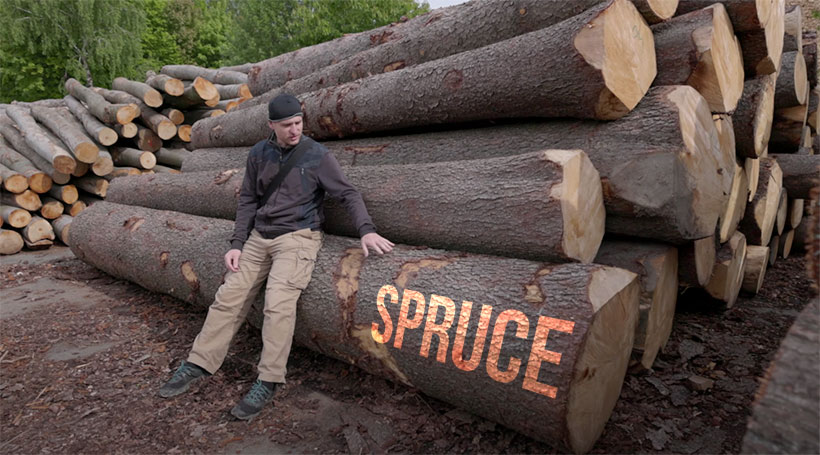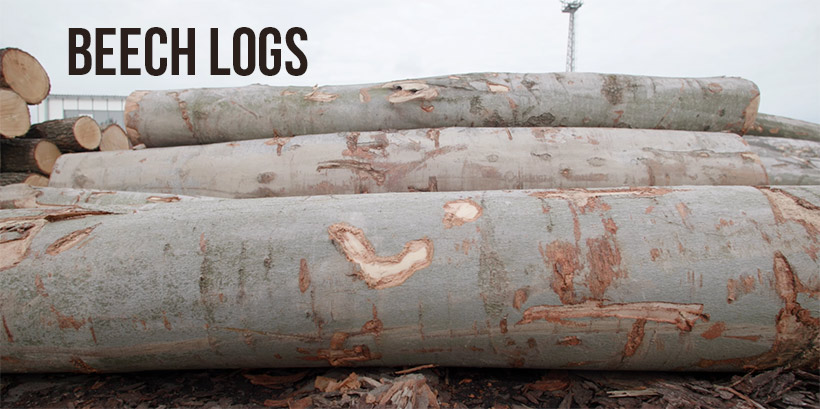Europe’s Lumber Industry: The Main 6 Trees Explained
Did you know that much of Europe only has about 6-8 main tree species that it turns into lumber? If you think this number is low, you’re thinking along the same lines as our crew and I. Coming from the southeastern US I was used to a lot of trees that come from the forests. But, here in Europe, it’s much less diverse. In Czechia where we were for this video short, the main three trees are Norwegian Spruce, Silver Fir, and Beech. After that you have Scotts Pine, Oak and Ash. That’s most of what you get from the forest. Here is a walkthrough of these main trees from the lumber mill in Czechia with expert Dr. Jiri Hulcr.
European Tree Species Recap
Here is a recap of the trees we discussed in the main video
Norwegian Spruce
Spruce is the main timber product in much of Europe. It grows tall and straight. It’s relatively hard and grows quickly. They bring in the most money for loggers. However, this tree is now being devastated recently by drought and then finished off by the spruce bark beetle. This is actually the topic of our latest documentary. Stay tuned for that soon.

Silver Fir
Silver fir grows slower than spruce but is an extremely resilient tree. It does much better with drought and insects and lasts forever.
Beech
Beech is a common early colonizer of forest plots. It grows relatively quickly and is one of the big three timber products in Europe. It is used for tables, and furniture.

Oak
Oak is a hard wood that is valued for it’s use in fine furniture. It grows much slower than most of the other trees though and hence takes longer to reach a size that it can be harvested.
Ash
Ash trees are relatively soft as a lumber. They’re used traditionally in baseball bats. They are actually being hit by a fungal disease currently in Europe.
Scotts Pine
This is the main pine species in Europe. Like other pines, it grows quickly and has straight trunks. It can grow on poor soil as well so it’s a very versatile tree.
































































































